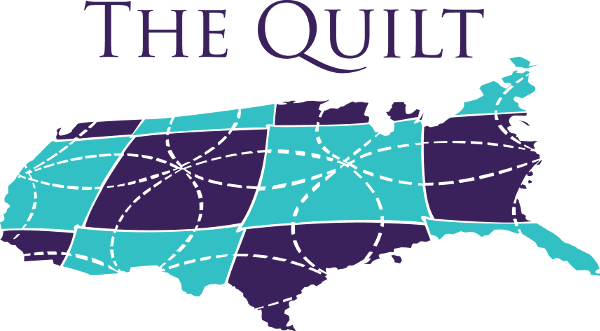ADVANCED REGIONAL NETWORKING IN SUPPORT OF RESEARCH & EDUCATION

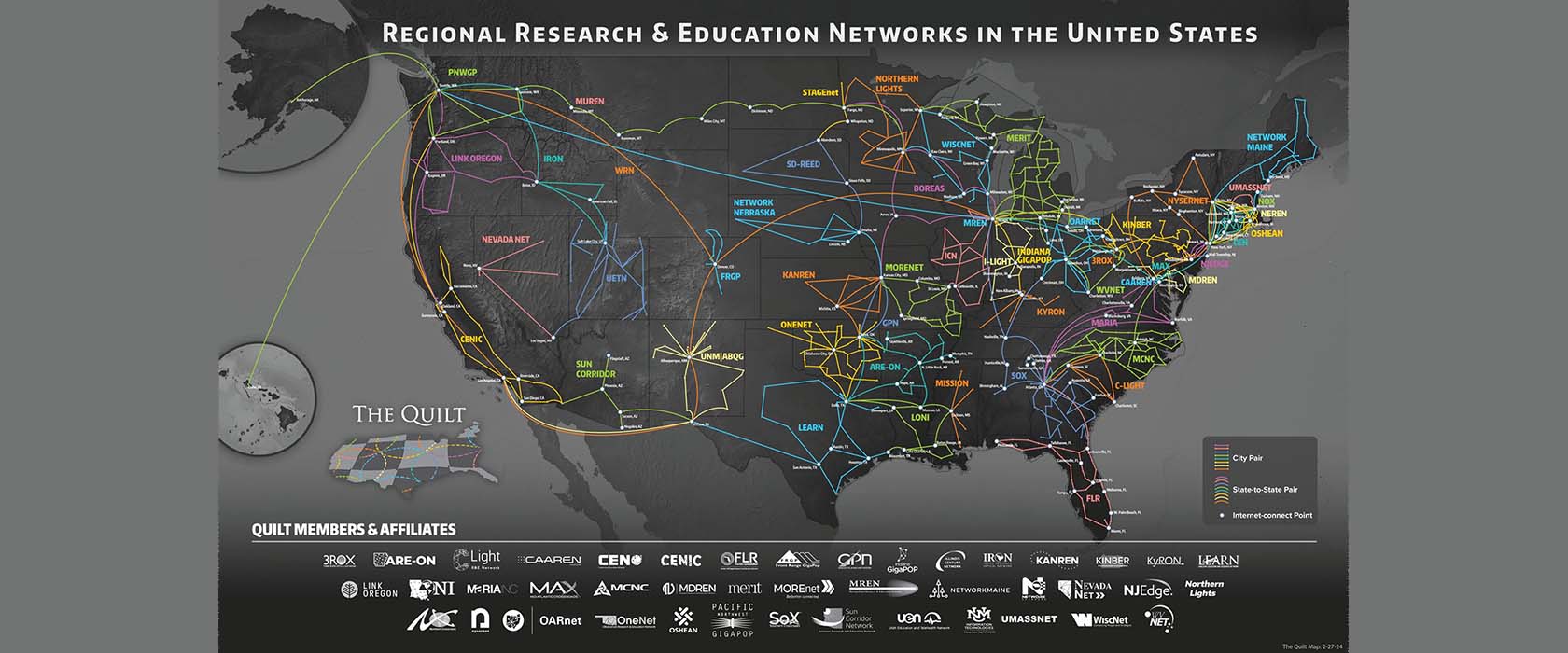
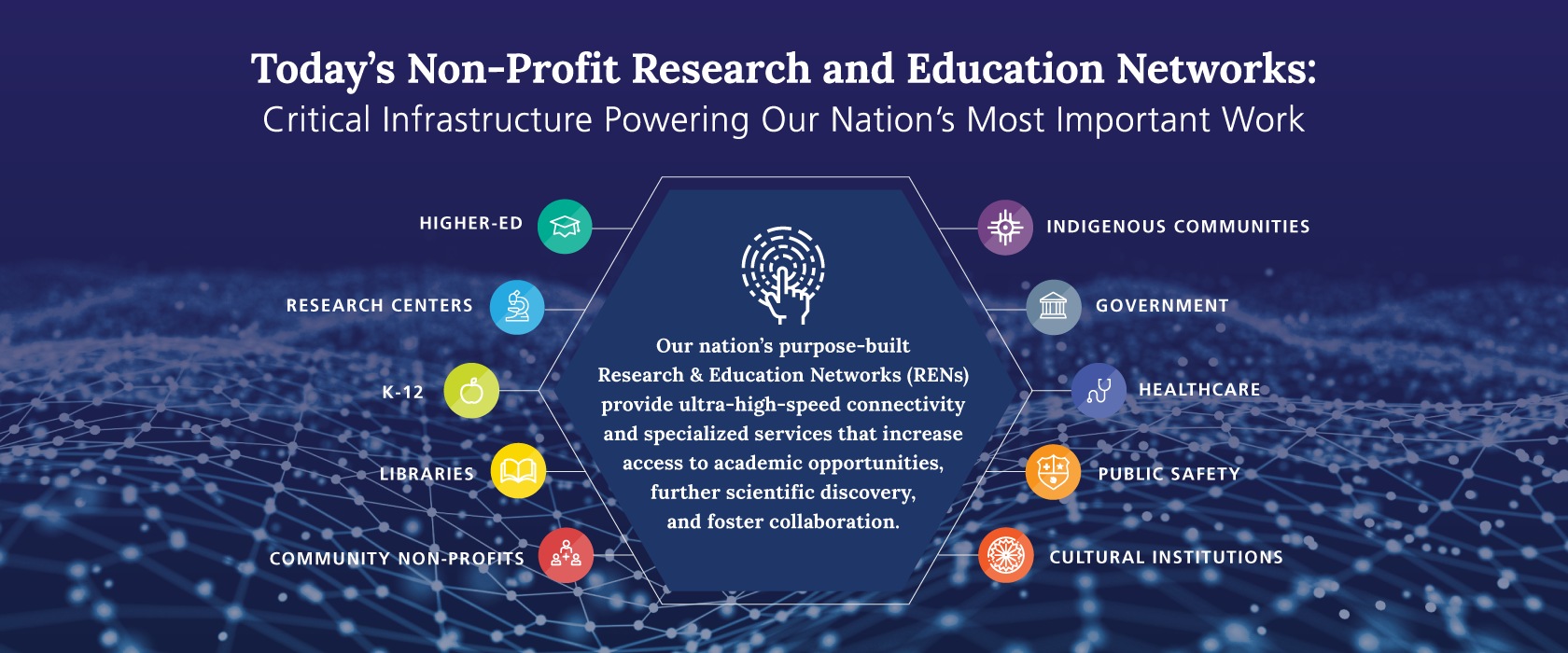

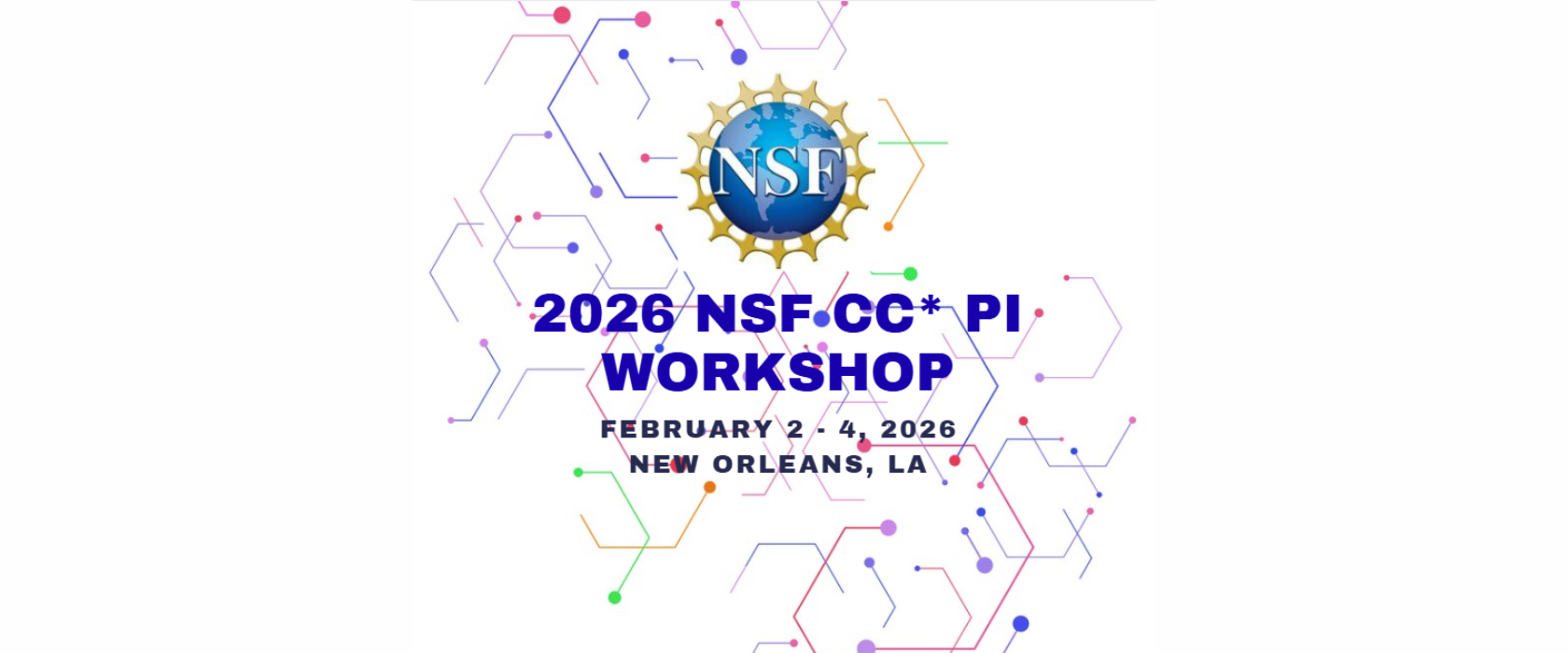
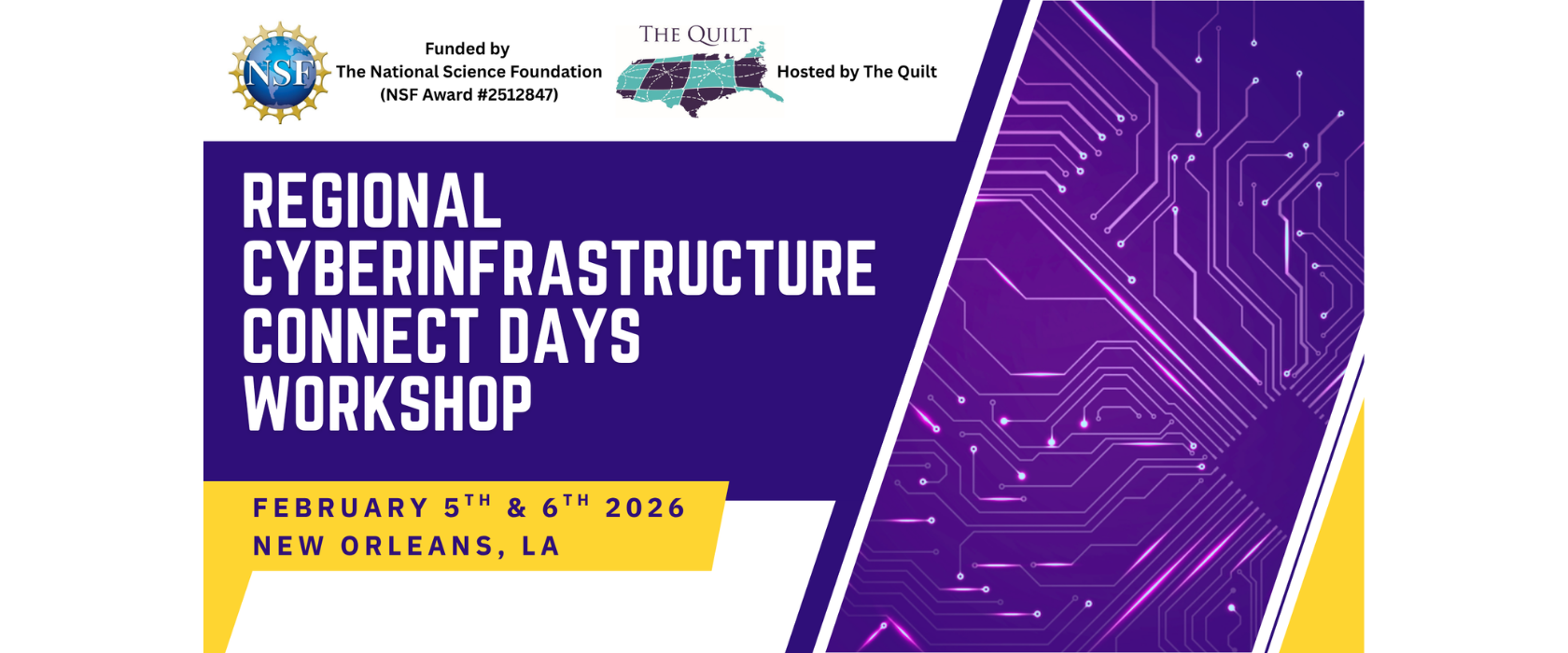
Our Mission
Through The Quilt, non-profit regional research and education networks collaborate to develop, deploy and operate advanced cyberinfrastructure that enables innovation in research and education.
Member Spotlight
Quilt In the Field
Another Quilt Fall Member Meeting is in the books, and we had a great time in Ohio! Building on the success of several years of collocating events, this year’s Fall Member Meeting also coincided with the NSF Campus Cyberinfrastructure PI Workshop and KNIT 7, the third in-person FABRIC Community Workshop. It also was timed to […]
Tweets from @TweetTheQuilt
What's News
The Quilt recognizes Pankaj Shah with national technology honor
Technology leaders throughout United States celebrate the distinguished service of IT innovator DEARBORN, Mich. and SEATTLE, Wash. (Sept. 17, 2025) – The Quilt, a consortium of regional Research and Education (R&E) networks throughout the United States, today...
CENIC Membership Enables San Joaquin Valley Library System’s Wi-Fi Revolution
Aaron Lusk began his career with the San Joaquin Valley Library System (SJVLS) at the time of frame relay and T1s. He has seen firsthand how far the system has come in the last decade thanks to its participation in the Corporation for Education Network Initiatives in...
The Quilt’s statement on FCC vs. Consumers’ Research ruling
U.S. Supreme Court’s 6-3 decision upholds federal program that provides schools, libraries, underserved areas with access to affordable telephone, high-speed internet Jen Leasure, president and CEO of The Quilt – a consortium of regional Research and Education...
High Stakes in the High Court as Nation Awaits USF Decision
On a recent MCNC Community Connect podcast, MCNC Chief Marketing Officer and Senior Director of Client Advocacy James Nester welcomed Phil Emer, MCNC Vice President of Business Development; Jen Leasure, President and CEO of The Quilt; Ray Zeisz, Senior Director of the...
CENIC and its Members Help Prepare for, Recover from, and Respond to Disasters
June 2025 - On the Blog CENIC and its Members Help Prepare for, Recover from, and Respond to Disasters In just five years, Californians have lived through devastating fires, a global pandemic, destructive winter storms, and unprecedented heat waves. Predicting,...
The Quilt recognizes Ron Hutchins with top technology honor
Technology leaders throughout United States celebrate the distinguished service of IT innovator HARTFORD, Conn. and SEATTLE, Wash. (Sept. 18, 2024) – The Quilt, a consortium of regional Research and Education (R&E) networks throughout the United States, today...
